
The evolution of cell-culture technology is driving the need for improvements in modeling solutions.

The evolution of cell-culture technology is driving the need for improvements in modeling solutions.

A collaboration between Insilico Biotechnology and IFAT aims to develop a manufacturing, planning, and control system for the production of monoclonal antibodies.

The partners will collaborate to identify the bioactive components in hydrolysates, which have long been used as additives in cell culture media and feed formulation in the biopharma industry.

Pfizer is investing $500 million for the construction of a state-of-the-art gene therapy manufacturing facility in Sanford, NC.

BioPharm International spoke with Cindy Reiss-Clark, vice president, general manager, Biologics at West Pharmaceutical Services Inc., about the growing biologics market, specifically gene therapies, and how West is helping their clients prepare for these new trends.

The companies have entered into a manufacturing agreement for the production of Phase III clinical trial material.

The acquisition strengthens BioLife’s position as a supplier of disruptive, enabling solutions used for manufacturing, storage, and distribution of cell and gene therapies.

The acquisition expands Eurofins Genomics’ gene portfolio while bolstering Blue Heron’s production capabilities.

The new facility will manufacture biopharmaceutical products under cGMP conditions.

The facility will support gene therapy production and continued development of PTC’s pipeline of investigational medicines.

The company has launched new services for mammalian cell bank manufacturing under GMP conditions.

Successful process intensification with inline dilution requires effective monitoring and control.
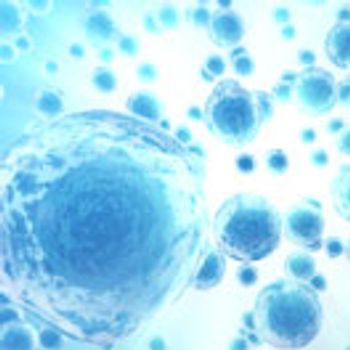
Higher cell densities are driving innovations in harvesting, including closed systems for intensified processes.
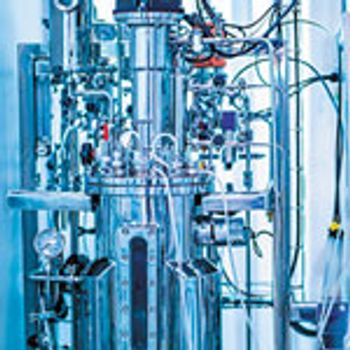
Despite the growing popularity of single-use technologies in biomanufacturing, there are still instances where stainless steel is the better option.
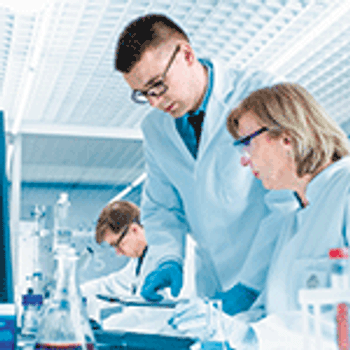
Personalized medicine and direct-to-patient trial models have made the difficult even more challenging.
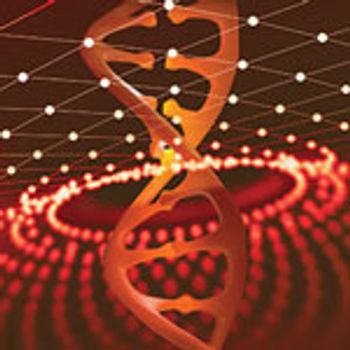
Now that the first genetically modified cell therapies are being manufactured, the industry must move beyond “whatever works” to meet growing demand.
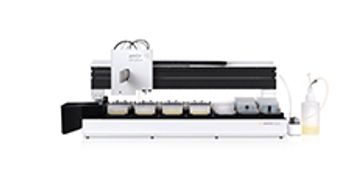
Sartorius Stedim Biotech’s Generation 2 ambr 15 cell culture microbioreactor system offers increased flexibility and expanded capability for clone selection, media and feed optimization, and early process development work.

NIIMBL announced it is partnering with FDA through the University of Delaware to improve biopharmaceutical manufacturing.
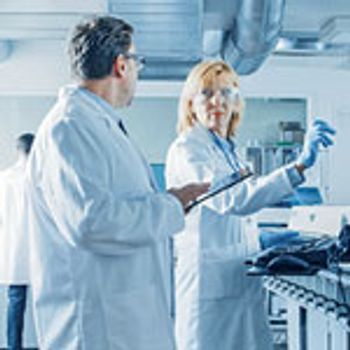
The commercialization of cell and gene therapies has become a reality, prompting deeper considerations of logistics, technology, and design for manufacturing facilities.
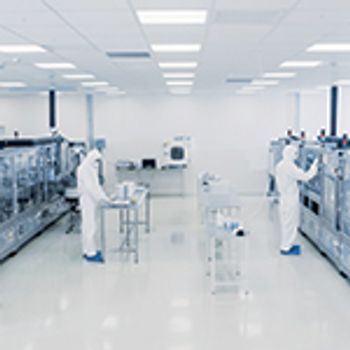
Recently released equipment and products include microbioreactor systems, cell therapy automation software, and IIoT-enabled flow sensors.

The companies have signed a strategic multi-year manufacturing agreement for the future commercial production a late-phase investigational cell therapy.

Dual-sourcing and redundant manufacturing capabilities are crucial in a single-use supply chain strategy, but must be applied correctly.
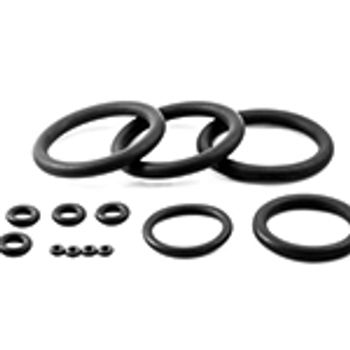
Simple components help maintain physical integrity throughout a bioprocess setup, and single-use components play a role in ensuring a closed system for aseptic processing.
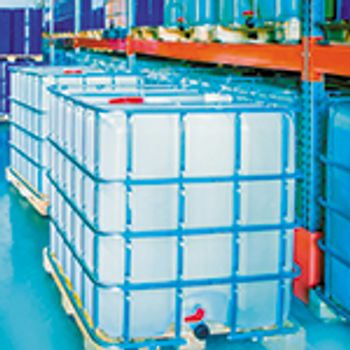
Single-use systems offer a solution to the challenges inherent in buffer preparation, which can be the cause of bottlenecking in bioprocessing.

Single-use systems may offer a suitably flexible solution to the biomanufacturing challenges of cost and time-to-market.